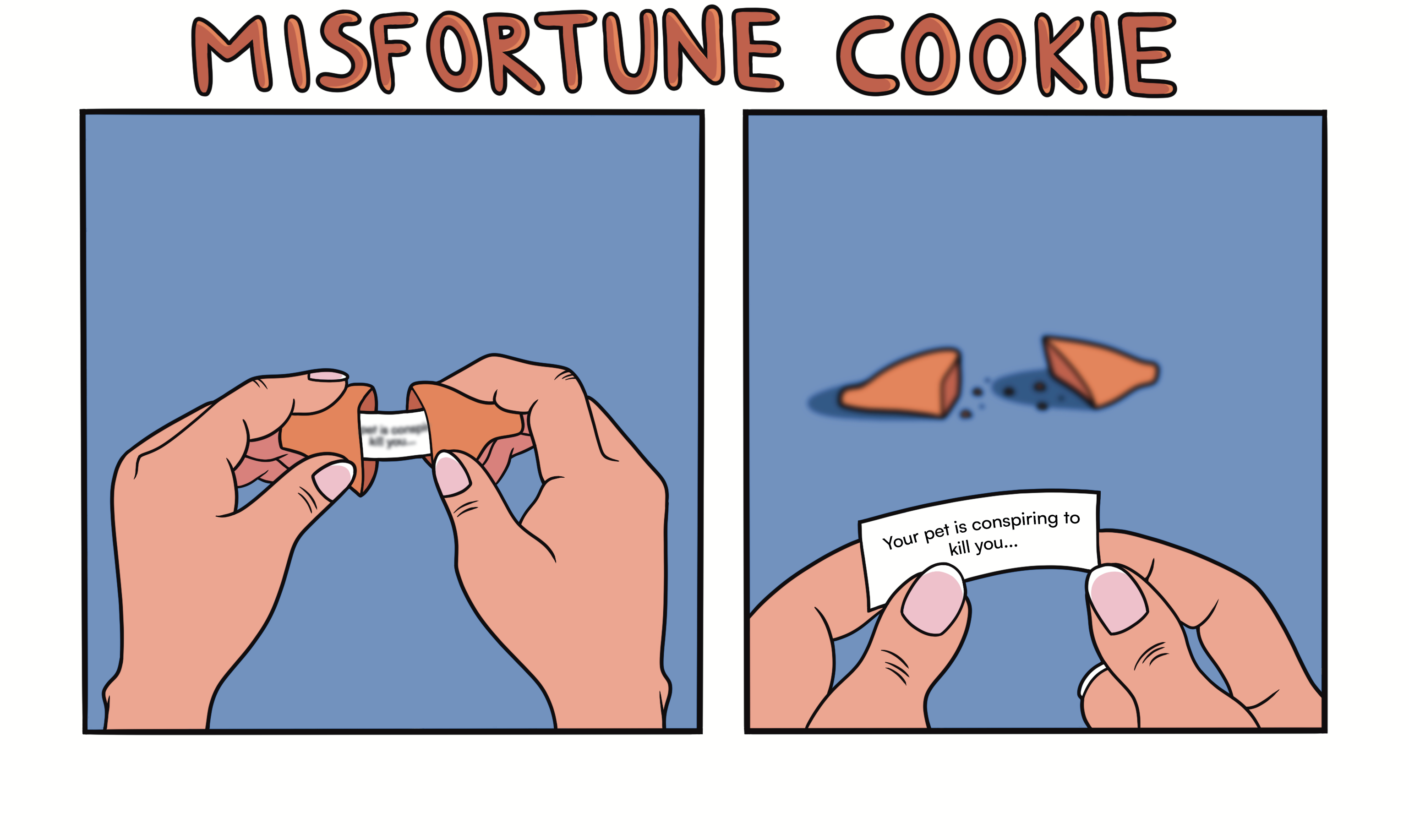This week, the staff at 5th Avenue Cinema—Oregon’s only student-run theater—has chosen to project Cinema Paradiso.
Giuseppe Tornatore wrote and directed this heartwarming Italian classic which beautifully captures the essence of nostalgia and the magic of cinema. Set in a small Sicilian village, the plot revolves around filmmaker Salvatore Di Vita as he reflects on his childhood and the influence of his local movie theater, Cinema Paradiso.
As a boy, Salvatore forms a deep bond with the projectionist at the theater, who becomes a mentor and father figure for him. The film explores their friendship while serving as a love letter to the art of filmmaking and the communal experience of watching movies.
Clara Johnson—the 5th Avenue’s longest-standing member—chose this week’s film. Johnson projects 5th Avenue’s films from a small room hiding behind the audience, influencing her choice of Cinema Paradiso.
As a projectionist herself, Johnson was compelled by the representation of a fellow projectionist on film. Originally, Cinema Paradiso was going to be shown in 35mm film, but due to distribution issues, it will be shown in its digital format. Johnson expressed her excitement about their initial plan showing the film in its physical format, saying, “a film on film about a projectionist projecting film on film.”
According to Johnson, Cinema Paradiso is a classic feel-good film, “heartwarming in a lot of ways. It’s kind of like an ode to people who like watching movies and also the people who make them and the people who project them.”
She added how personal the film feels to the director—because it is. “It’s filmed in his hometown,” Johnson said. “It has that nostalgic feeling of looking backwards and reflecting on your life. Anybody could fall in love with it, I think—anybody who loves film—because it’s a movie about film.”
Johnson’s enthusiasm for the film continued. “It’s very good, but also I thought it would be fun because we played Fight Club at the beginning of the term, which was a film on film,” Johnson said.
Fight Club notably has a scene where it looks like the physical film is getting off track and showing sprocket holes—a scene Johnson thought was really fun but never got used to projecting. “Every time, I’m like, ‘oh fuck,’” Johnson said.
That same scene surprised and frightened projectionists in 1999 when Fight Club was initially shown. Johnson talked about how scary it can be to see an issue like that with physical film, especially when considering the events of Cinema Paradiso. “It’s a theater that gets set on fire from film—nitrate film,” Johnson said.
“Projecting film is really nice, but it is kind of emotionally exhausting,” Johnson said. Since physical film can be potentially dangerous—as seen with the inferno of Cinema Paradiso—projectionists have to pay close attention to the projector. “You have to dedicate your entire attention span for the reel-to-reel switch—changeovers,” Johnson said. “’Cause then you can miss it, which I’ve done [while] trying to do my homework.”
Over the last few weeks, Johnson has been working on a special project for 5th Avenue. “I’m basically making an archival book about the cinema,” Johnson said.
For this project, Johnson has been delving into the history of the theater, looking through old yearbooks, collecting archival photos and also taking her own photos of the cinema’s inventory materials, like lenses and slide film. “I hope it can show people all the little trinkets we have that they may not know about,” Johnson said.
Unbeknownst to Johnson, she began this project last summer while contributing to the cinema’s archival process. However, it wasn’t until this past term—when she started taking a photo-book-making class—that the project came to full realization.
Naturally, Johnson chose film as the project’s main medium of documentation. “I wanted to shoot it on film, because I thought that was also kind of meta, like about film on film,” she said. “A published photo book about the space [5th Avenue]—which no one has done—would be really, really cool.”
For Johnson, this project has led to a sad realization that physical film will never be the popular medium it once was. Still, she is very proud to be a part of a cinema that keeps the tradition alive. “It made me realize how slowly but surely—maybe it was fairly fast, I don’t know—that film has been dwindling out,” she said.
Johnson noted that, upon opening and for years to come, all films at 5th Avenue were shown on 35mm. “Every single one,” she said.
Johnson appreciates that 5th Avenue has made film cinema accessible to Portland State students. “To be able to see famous films on 35 millimeter for free is a pretty sweet deal, considering how hard it seems to be to get them,” she said.
Johnson first viewed a physical film as an audience member at 5th Avenue. “I remember looking back at the window,” she said, realizing at that moment that she wanted to be a projectionist for the theater. “I get to learn so much about something niche, even though it didn’t used to be niche at all.”
Johnson and her coworkers discuss the films for each term and coordinate with each other to maintain a balance in their mixture of tones, formats and preferences. “We usually try to space them out to not have too many 35mm [films] back to back,” she said. “And then also to not have them all be super depressing. So we try to plan accordingly, but also collaboratively.”
5th Avenue typically prefers to show experimental, foreign and arthouse films rather than mainstream films. “We don’t want to play necessarily mainstream stuff consistently, but it does seem like most people come out for those things,” Johnson said, shrugging. “I just wish more students would come out. It seems like people don’t even really know that we’re here.”
Johnson mentioned that Cinema Paradiso is widely considered to have one of the best movie endings of all time. This acclaim influenced the staff’s decision to make it the cinema’s final showing of the term.
Students can catch a screening of Cinema Paradiso at 5th Avenue Cinema for free on campus this weekend. Showings are Friday and Saturday at 6 p.m. and 8:30 p.m., with a Sunday matinee at 3 p.m.






